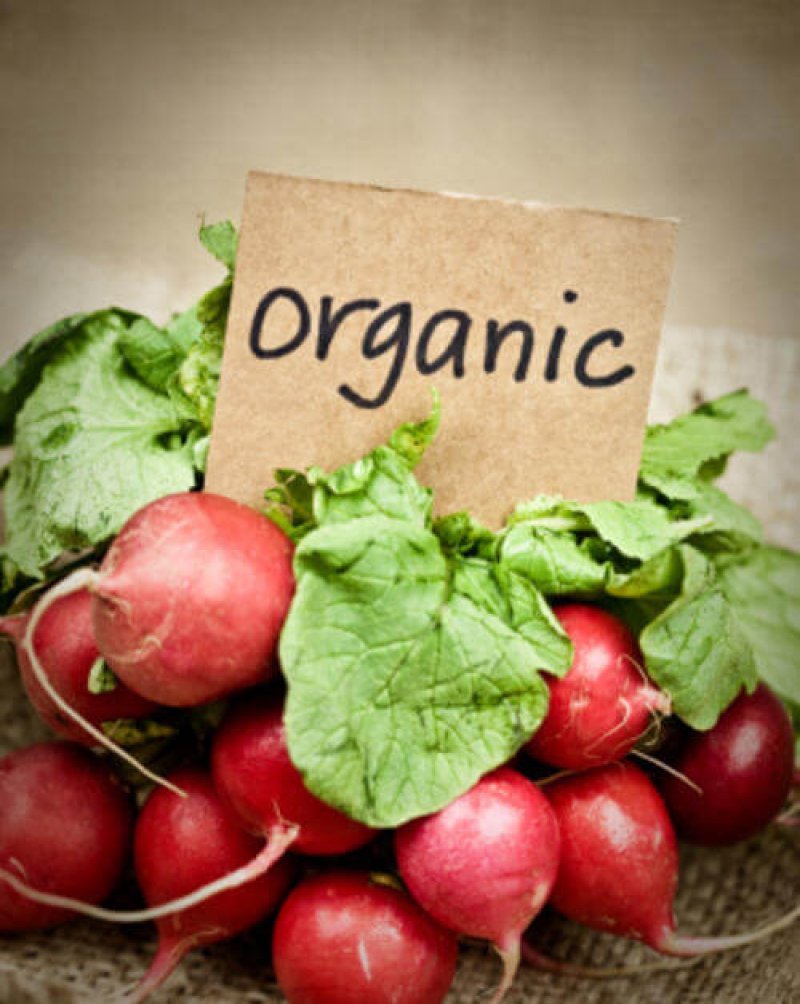The GLP aggregated and excerpted this blog/article to reflect the diversity of news, opinion and analysis.
When I read Mamavation’s “The top 10 reasons to feed your family organic”, I thought: this is nonsense. It challenged me to come up with reasons not to feed your family organic, here are a few of the less obvious ones.
Promotes child labor in Africa: African family farms are organic by default (due to the cost of pesticides/fertilisers, plus pressure from EU import/export regulators to forgo GMOs). Europe’s demand for organic has led to an increase of African “organic” agricultural exports. The organi-gurus seem content in ignoring that these imports come from little hands that are manually pulling weeds rather than going to school.
Organic reduces biodiversity: Organic yields are significantly lower than conventional farming. If we were to convert all farms to organic, we would have to do two things – prepare for less food or plough under more meadows and forests. Higher yields on less land, allowing for larger habitat restoration, seems to me a better solution.
Natural pesticides are toxic to bees and humans: One common misperception is that organic food contains no pesticides. Pesticides are permitted in organic farming if they come from a natural source. Many assume that anything natural is benign, but pyrethrins, sulphates, nicotine … are all meant to kill, and being of a natural source does not mean they are harmless to the environment or humans.
One year of pesticide residues is less toxic than one cup of coffee- The risk from synthetic pesticides at the maximum residue exposure levels is practically meaningless. Caffeine is ten times more toxic than glyphosate – a lot of other natural chemicals are far more toxic but the organi-gurus are too busy scaring us to make us get this point.
Read full, original post: The Top 20 Reasons not to Feed your Family Organic! Part 1































